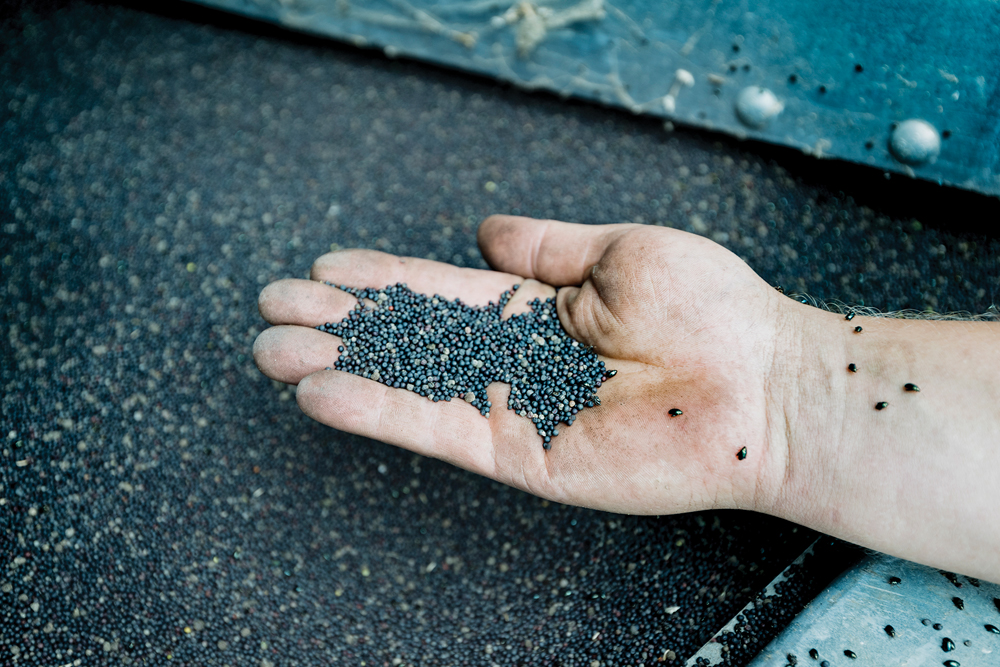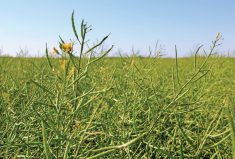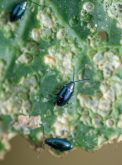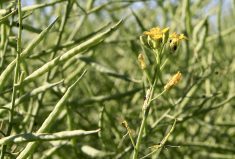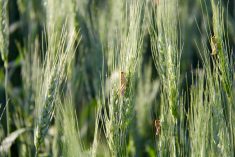Q: Why should I keep a seed treatment in my crop plan?
A: Amid severe drought in parts of the Prairies and the desire to reduce costs heading into an uncertain spring season, seed treatment may be one of the first agronomic tools to be removed from your crop plan. However, seed treatment is an important investment for your farm, regardless of growing or economic conditions.
Seed treatments are effective in protecting your crop against both seed-borne and soil-borne diseases. A seed treatment will help with seed-borne diseases such as alternaria, smuts and bunts, regardless of seeding conditions. If planting bin-run, or common seed, it is important to test your seed for disease prior to planting and ensure germination is sufficient.
Read Also
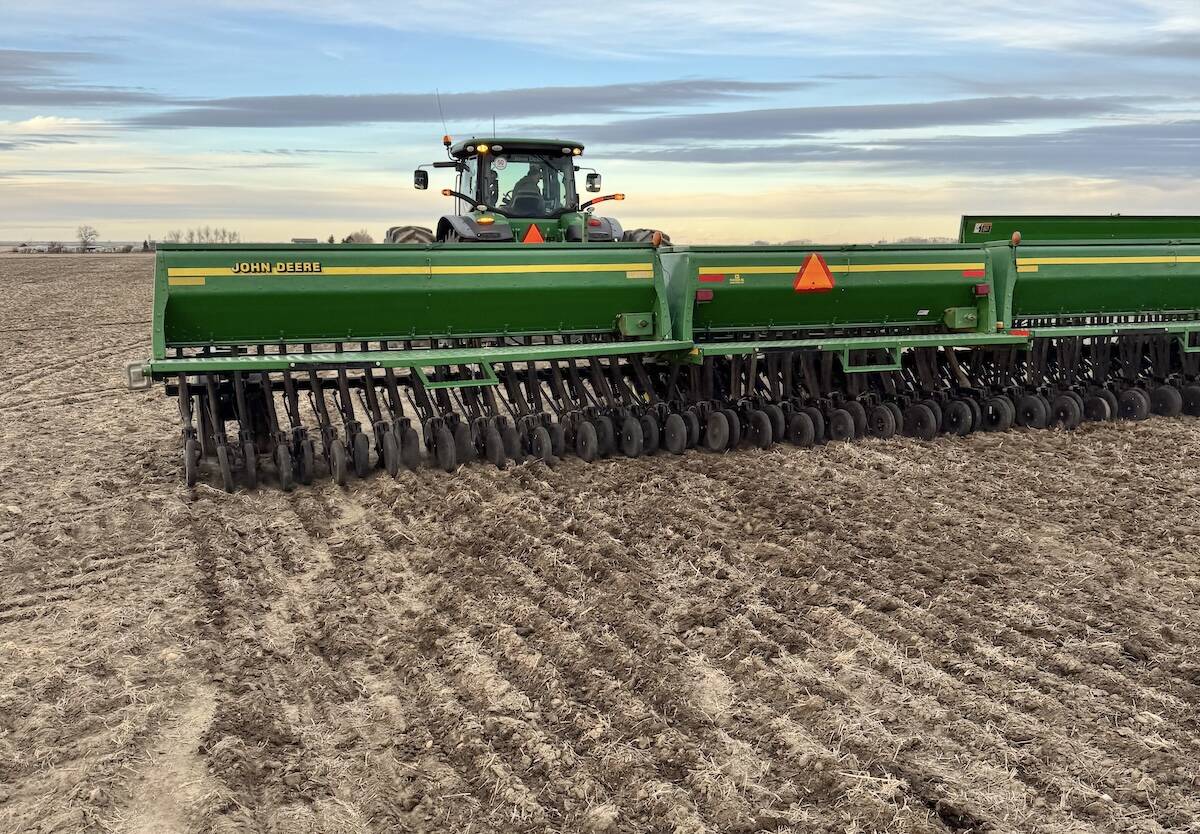
Southern Alberta farms explore ultra-early seeding
Southern Alberta farmers putting research into practice, pushing ahead traditional seeding times by months for spring wheat and durum
Knowing your seed’s germination rate and what diseases may be present allows you to adjust your seeding rate to ensure a sufficient plant stand or find other seed sources. Regardless of crop, certified seed is recommended if germination is low or significant disease is present on common seed you plan to plant.
Soil-borne pathogens are present regardless of soil moisture conditions, with different pathogens being more prevalent depending on how wet or dry the conditions are. In dry years, some Rhizoctonia spp. are prevalent, as well as Fusarium spp. and other common root rots. In wetter years, other disease species such as Aphanomyces and Phytophthora become more common.
In addition to protecting your seed against soil-borne pathogens, seed treatment serves as an early-season advantage over insects and weed populations through improved seedling vigour in stressful planting conditions. While no two seasons are the same, it remains critical to give your crop the best potential starting point at seeding to maximize yield potential for harvest. One of the best ways to do this is to ensure your seed is treated before going into the ground in the spring.
Derek Flad, PAg, CCA, is the manager of agronomic solutions in southern Alberta for Nutrien Ag Solutions

